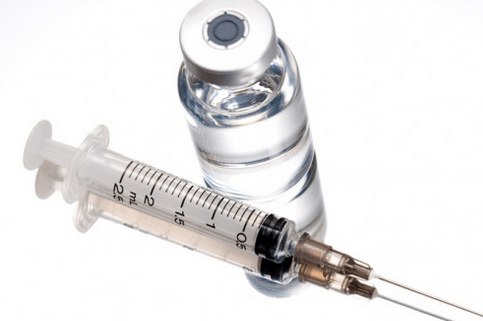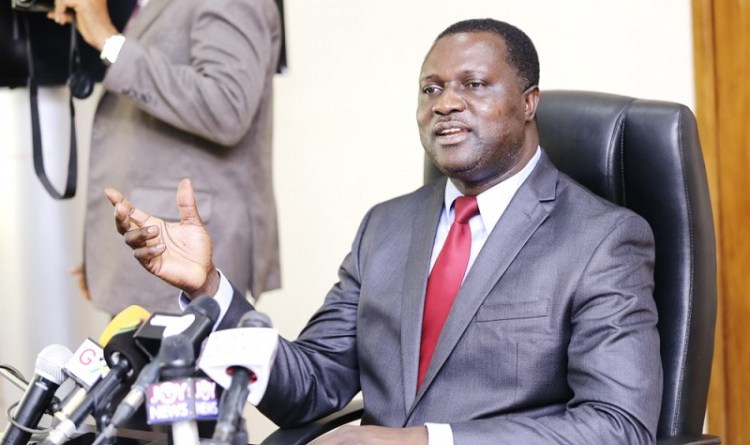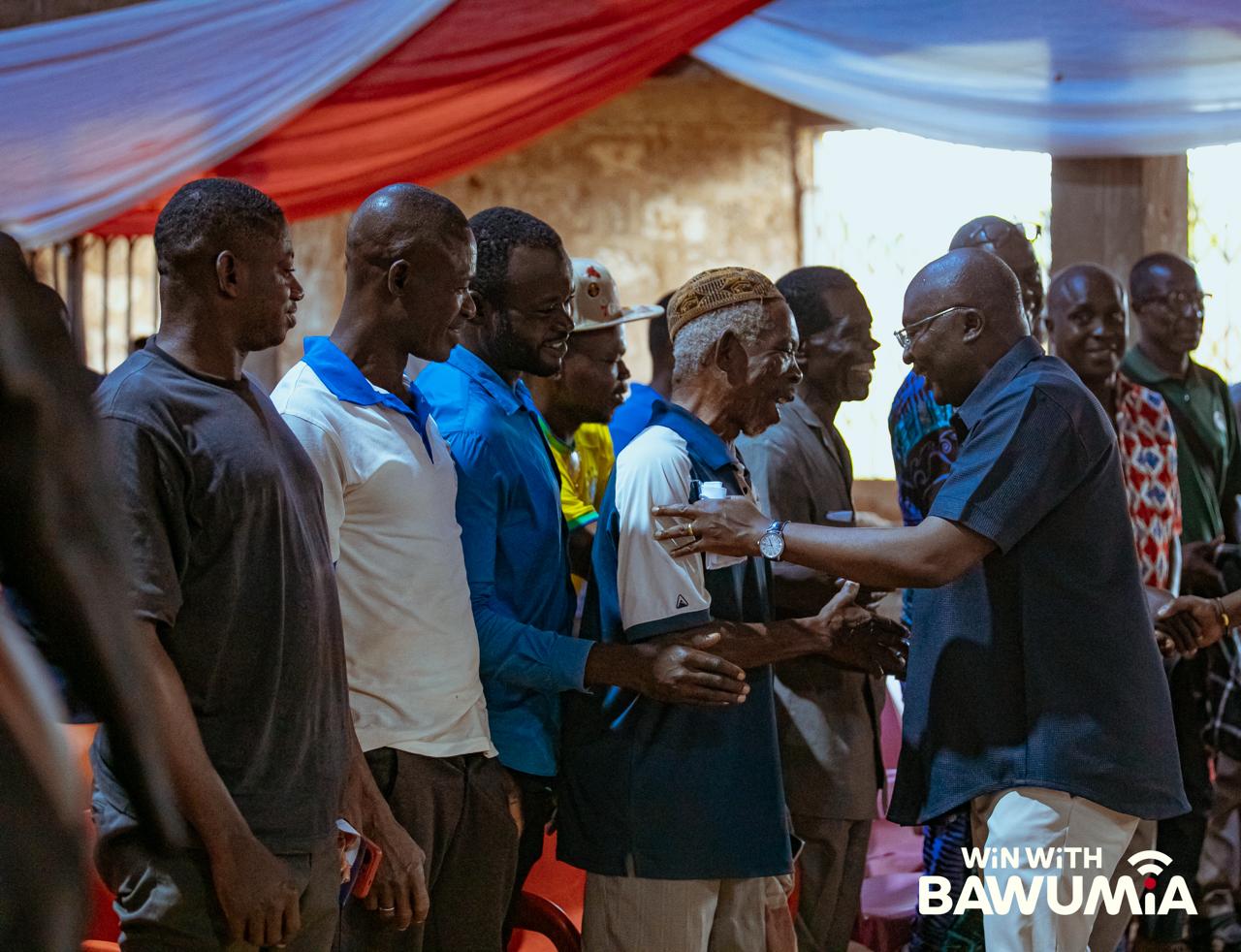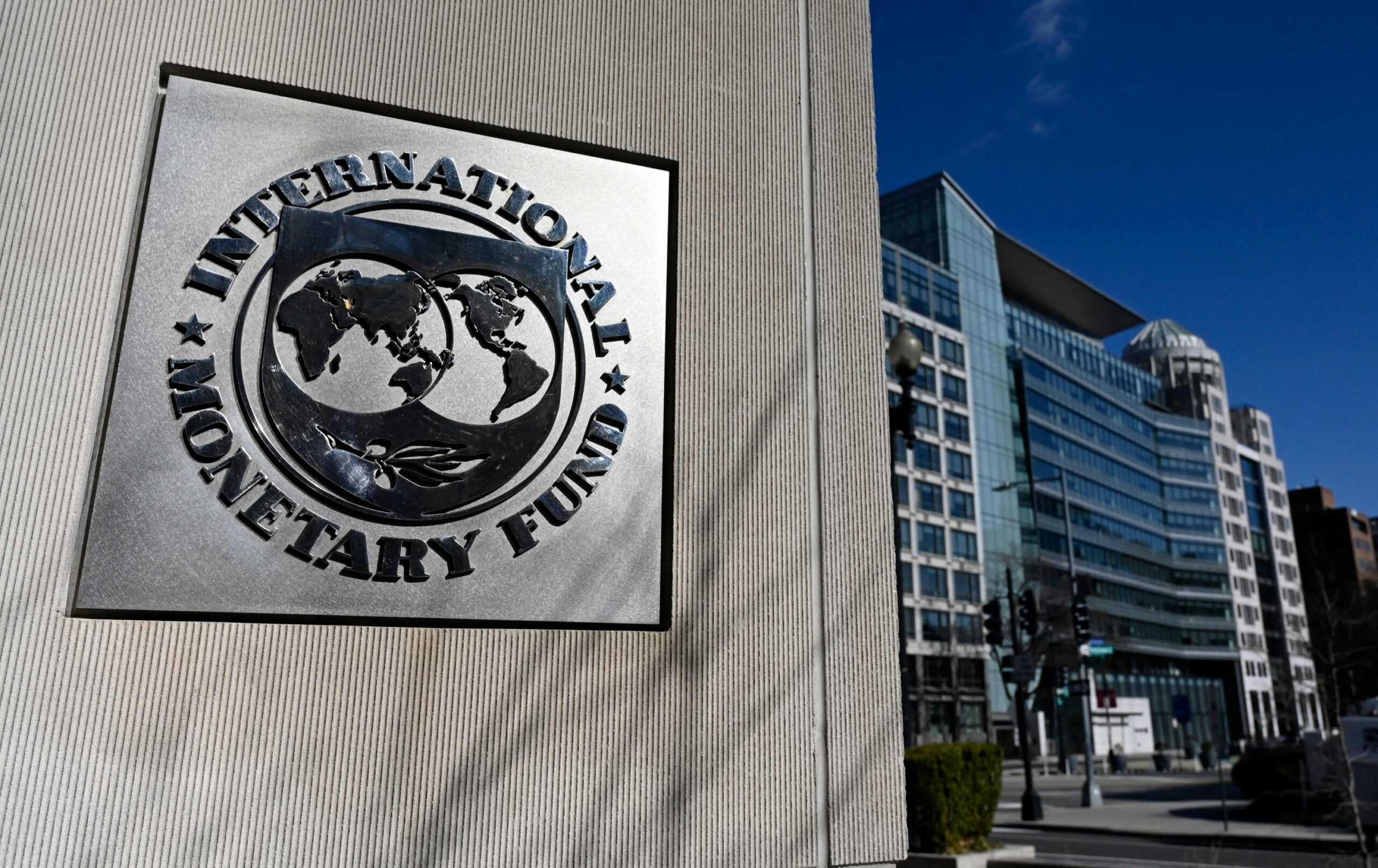


Dr Sodzi Sodzi-Tettey, Chief Executive Officer (CEO), National Vaccine Institute, says the Institute would not compromise on any healthcare quality and safety standards as far as manufacturing vaccine was concerned.
He said the Institute was working closely with regulators to understand the quality and safety system that were used in the manufacturing processes.
Speaking at the Journos training on vaccine communication and advocacy, Dr Sodzi-Tettey said the Institute was sure to getting the best technical support in manufacturing the vaccines and no steps would be missed, especially as they go through the first manufacturing process.
The two-day training programme was under the auspices of African Media and Malaria Research Network (AMMREN), Ghana Health Service (GHS) and Food and Drugs Authority (FDA).
He said stages such as research, proof of concept, testing the vaccine, manufacturing process, vaccine approval, use and monitoring safety nets would be rigidly upheld.
He said with all processes and plans underway, the first production was expected to come sometime in 2026.
Dr Sodzi-Tettey said the President John Mahama had given the Institute the mandate to become a vaccine producing country and be better prepared to manage pandemics that would break in the future.
He noted that the need for training of journalists to make them well informed, prepared and to understand the issues to clear misconceptions and falsehoods with regards to vaccines and build confidence.
Dr Sodzi-Tettey said, “We want to get to the point where we build expectations within the population for the vaccine that we are going to manufacture locally.”
Dr Charity Binka, Executive Secretary, African Media and Malaria Research Network (AMMREN), said the collaboration with the National Vaccine Institute for the training was a shining example of what could be achieved when institutions, whether private or public, came together with a shared vision to ensure access to accurate information, trust in vaccines, and confidence in health systems.
She said AMMREN in recent years had expanded its focus to include vaccine communication and advocacy, recognising that vaccines were a cornerstone of public health and disease prevention.
Dr Binka said journalists were a vital link between science and society and AMMREN believed that when the media was well-informed, the public was well-protected because journalists held tremendous power to inform, educate and influence public perception.
She said the training had been designed to strengthen the capacity of participants to understand the science of vaccine and communication, produce accurate, engagement, and impactful health stories and report accurately and with empathy.
Dr Binka said participants would also be able to identify and counter misinformation, use data and storytelling to build trust and partner with health authorities to sustain vaccine confidence.
She noted that vaccines remained one of the most effective public health interventions in history and had saved millions of lives, reduced the burden of preventable diseases and protected communities from deadly outbreaks.
Dr Binka said despite proven benefits of vaccines, the hesitancy and misinformation continued to threaten progress across Africa.
“In some communities, rumours and fear have led parents to refuse life-saving vaccines for their children. This is where the media’s role becomes indispensable through responsible reporting, the media has the power to demystify vaccines, counter myths and misinformation and build confidence in vaccines and inspire communities to take informed health decisions.”
Source: GNA
The post Safety standards in vaccine manufacturing will not be compromised – Sodzi-Tettey appeared first on Ghana Business News.
Read Full Story




















Facebook
Twitter
Pinterest
Instagram
Google+
YouTube
LinkedIn
RSS